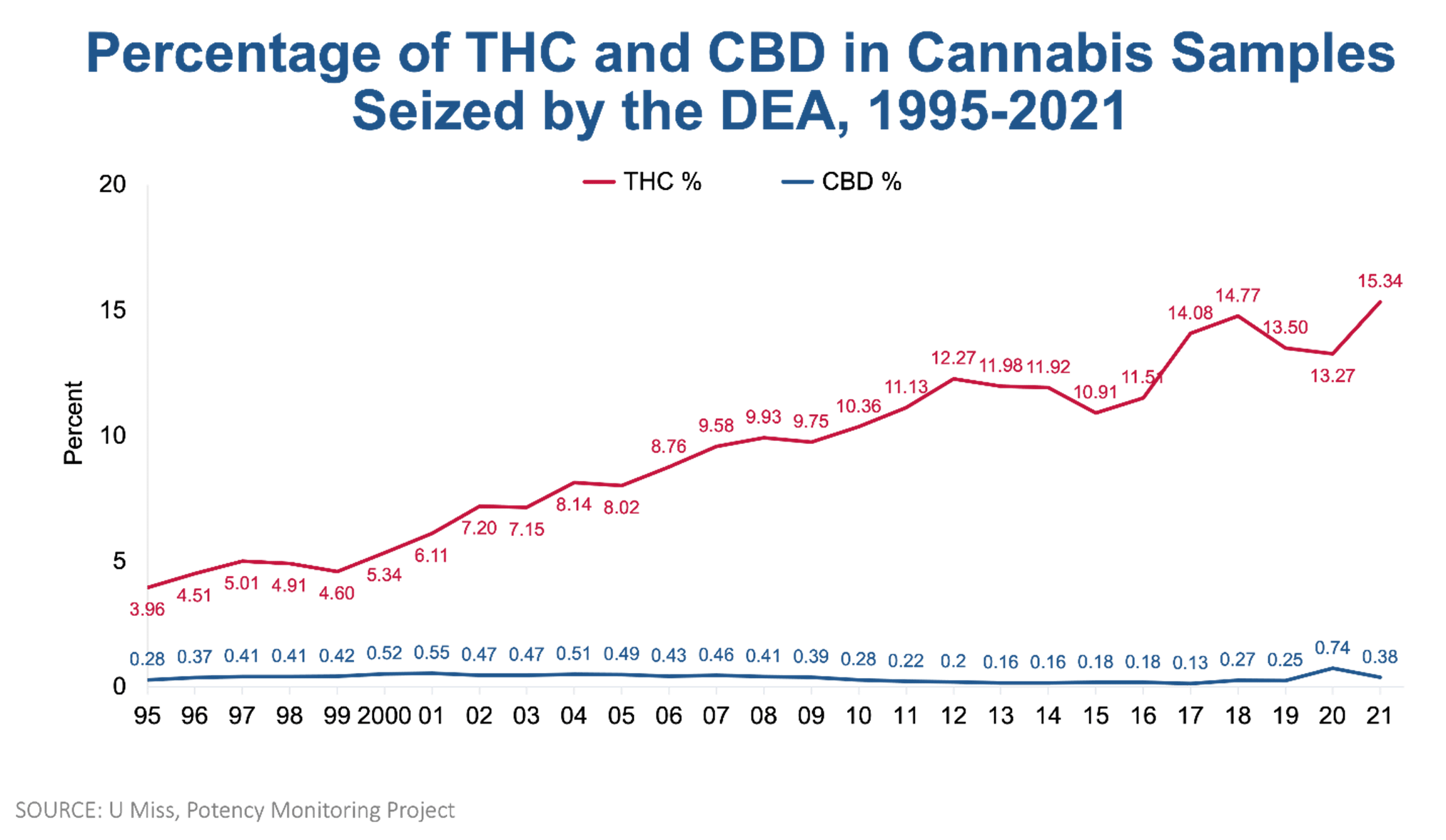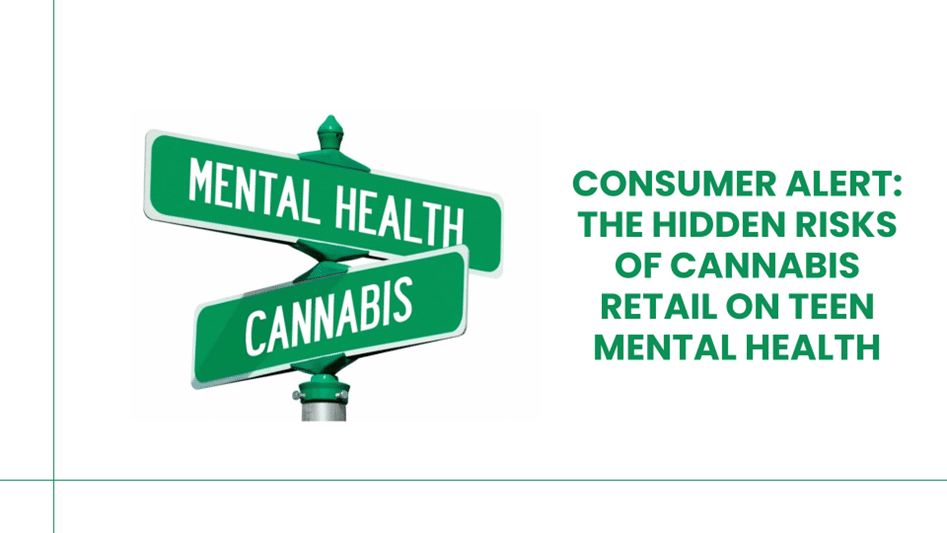As communities navigate the evolving landscape of cannabis legalization, emerging research underscores a pressing concern: the impact of cannabis retail availability on adolescent mental health. A recent study by Kaiser Permanente reveals that local policies prohibiting cannabis storefronts are associated with a lower prevalence of psychotic disorders among adolescents. Conversely, increased proximity and density of cannabis retailers correlate with higher rates of psychotic, anxiety, and depressive disorders in teens.
The Potency Problem
Today’s cannabis is not the same as it was decades ago. In 1995, the average THC content – or tetrahydrocannabinol, the primary psychoactive compound in cannabis – in cannabis was about 4%. By 2017, it had risen to 17%, with some products reaching as high as 90% THC. This significant increase in potency amplifies the risk of adverse mental health outcomes, particularly for adolescents whose brains are still developing.

Adolescent Vulnerability
Adolescents are especially susceptible to the effects of high-potency cannabis. The Centers for Disease Control and Prevention (CDC) notes that cannabis use during adolescence is linked to a range of mental health issues, including depression, anxiety, and psychosis. The risk is particularly pronounced for those who begin using cannabis at an earlier age and use it more frequently.
Earlier this month, Addiction Policy Forum published the article Cannabis Use Associated With Increased Suicide Risk, Even Controlling For Depression and references key findings showing that cannabis use is associated with an increased risk of suicidal ideation and attempts, even when controlling for depression.
Community Action: A Path Forward
Communities have a critical role to play in safeguarding adolescent mental health. Implementing local policies that limit the density and proximity of cannabis retailers can reduce teens’ exposure to cannabis and its associated risks. Education campaigns aimed at parents and youth about the dangers of high-potency cannabis are also essential.
At the National Association for Children of Addiction (NACoA), we are dedicated to supporting children and families affected by substance use disorders. We advocate for policies and practices that protect adolescents from the harmful effects of cannabis and other substances. By staying informed and proactive, communities can help prevent the normalization of cannabis use among teens and promote healthier, safer environments for all.
For more information:
- U.S. Surgeon General’s Advisory: Marijuana Use and the Developing Brain
- Is Cannabis Harmful for Children & Teens? AAP Policy Explained
- American Academy of child and Adolescent Psychiatry Fact Sheet: Marijuana and Teens
- Let’s Talk Cannabis Fact Sheet
- NACoA’s Parent’s Guide: Talking to Kids and Teens About Alcohol and Other Substances
- Johnny’s Ambassadors: Saving Our Youth from the Harms of THC
Visit the Teen Section of NACoA’s website to learn more about how to support youth affected by substance use in the family.
